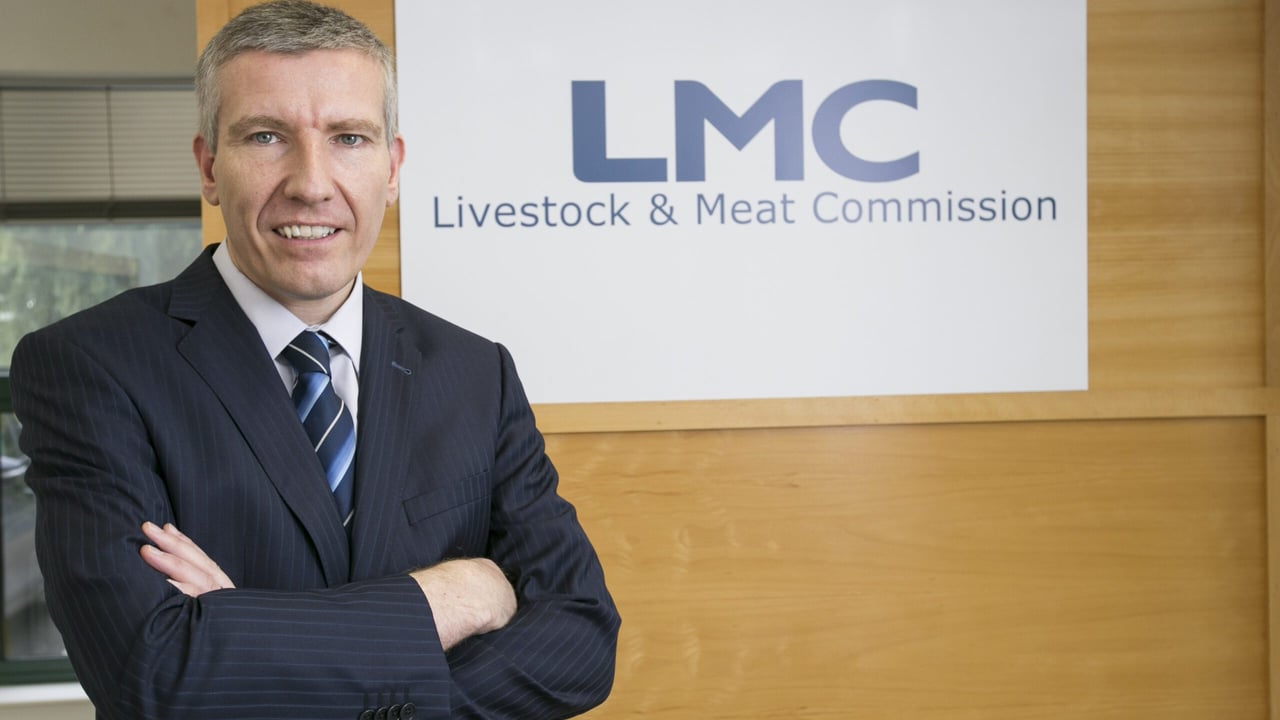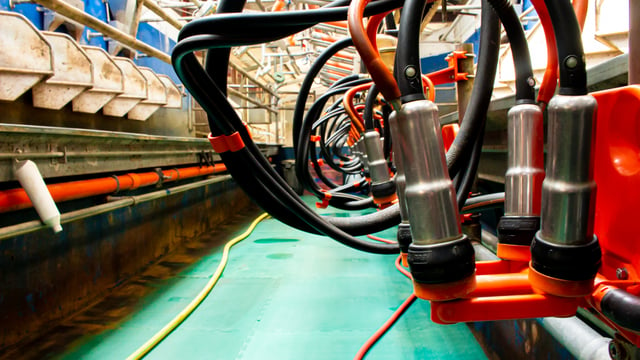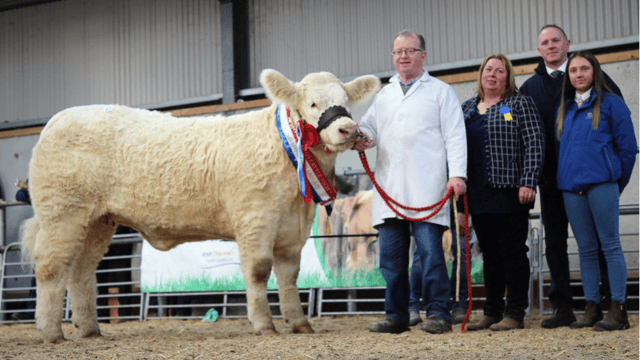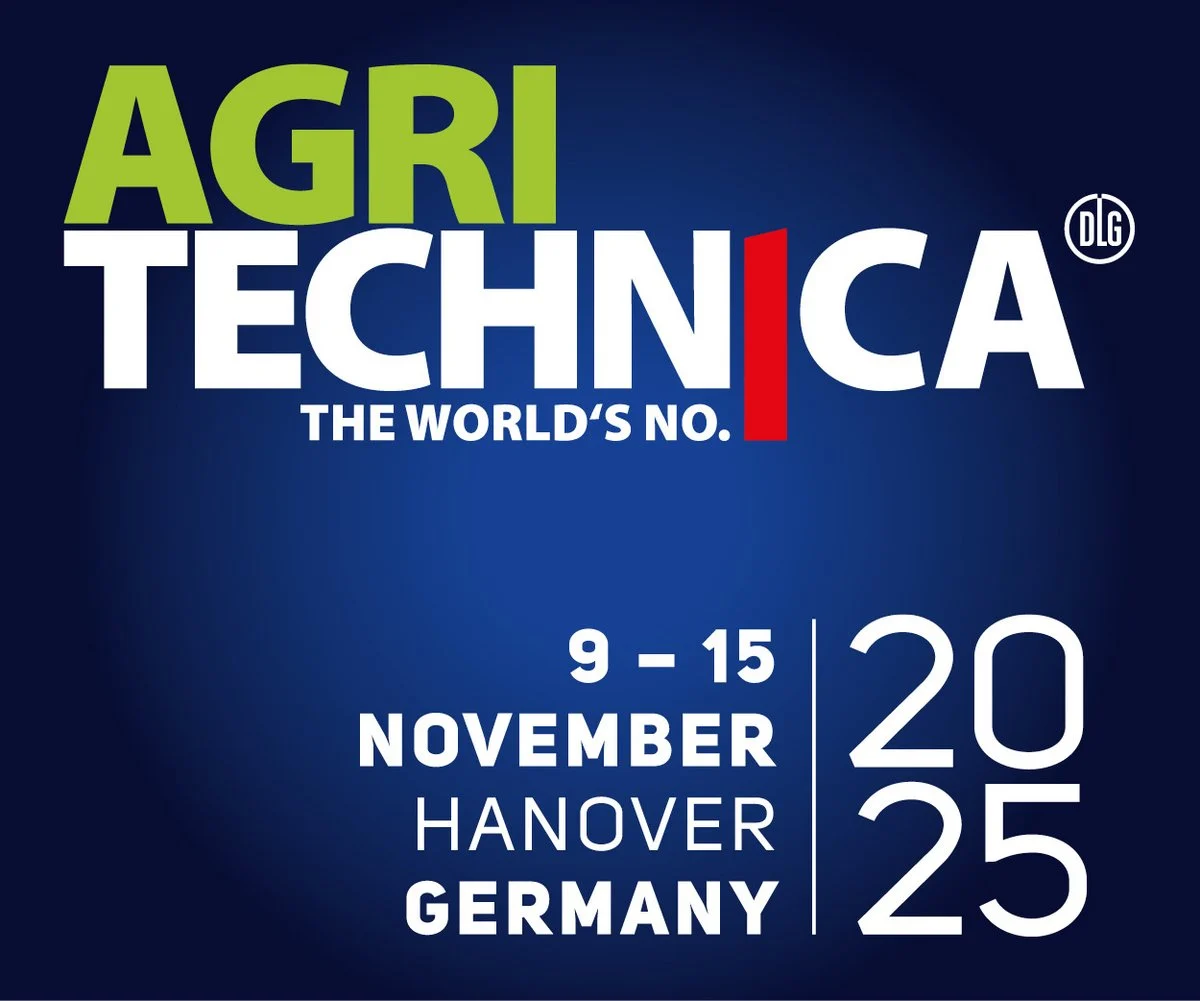Westminster is being disingenuous to UK farmers - LMC chief executive
There is now a total disconnect between the UK's trade, climate-change and food-standards’ policies, according to Livestock and Meat Commission (LMC) chief executive, Ian Stevenson.
The LMC chief executive made this point in the wake of the recent trade deal struck between the UK and New Zealand:
“This followed on, almost directly, from the new trading arrangements announced by London and Canberra," he said.
“A high proportion of this produce will be subsequently marketed in direct competition with food produced here in Northern Ireland, England, Scotland and Wales."
He added that at a very fundamental level, the food miles associated with these imports must be questioned.
But, so must the issue of the production standards associated with these imports.
“The current UK government had previously committed to ensuring that future food imports would, in no way compromise the production standards achieved by farmers throughout the UK.
Meanwhile, the COP 26 summit is nearing its close in Glasgow and Stevenson recognises that Northern Ireland’s farming and food sectors must rise to the challenge, from a sustainability point of view.
But, in equal measure, he also points to the need for both industries to be fully recognised for the steps they have already taken in this regard.
“The most recent figures published by DAERA confirm that the carbon intensity indices associated with the food that we produce here in Northern Ireland have fallen by 62% over the past two decades.
But he said he also believes that carbon mitigation measures cannot be discussed in total isolation.
“The future food security of the UK must also be addressed in the context of climate change policy,” he said.
“The UK’s Climate Change Committee, a totally independent body, fully recognises this reality.
Climate Change Committee chairman, Lord Deben addressed the recent pre-COP26 conference, hosted by the Department of Agriculture, Environment and Rural Affairs, and the Ulster Farmers’ Union.
He used this opportunity to again confirm that it is not feasible for Northern Ireland to secure a net zero while still maintaining the fabric of its farming and food industries.
“All the available science confirms that this is not a realistic target. Its attainment would wreak havoc within the farming and food sectors.
“Farming in Northern Ireland is committed to meeting the challenge of climate change head on.
“In the first instance, securing higher levels of efficiency will allow the industry to lower its carbon footprint significantly.
But farmers must also be rewarded for the steps they are already taking to help deliver climate change, he said.
"Huge quantities of carbon dioxide are already sequestered courtesy of the soils, long-term grass leys, hedges and woodlands that make up the very fabric of our farming sector.
“It is crucially important that all of this sequestration activity is accurately quantified and local farming businesses credited accordingly.”





